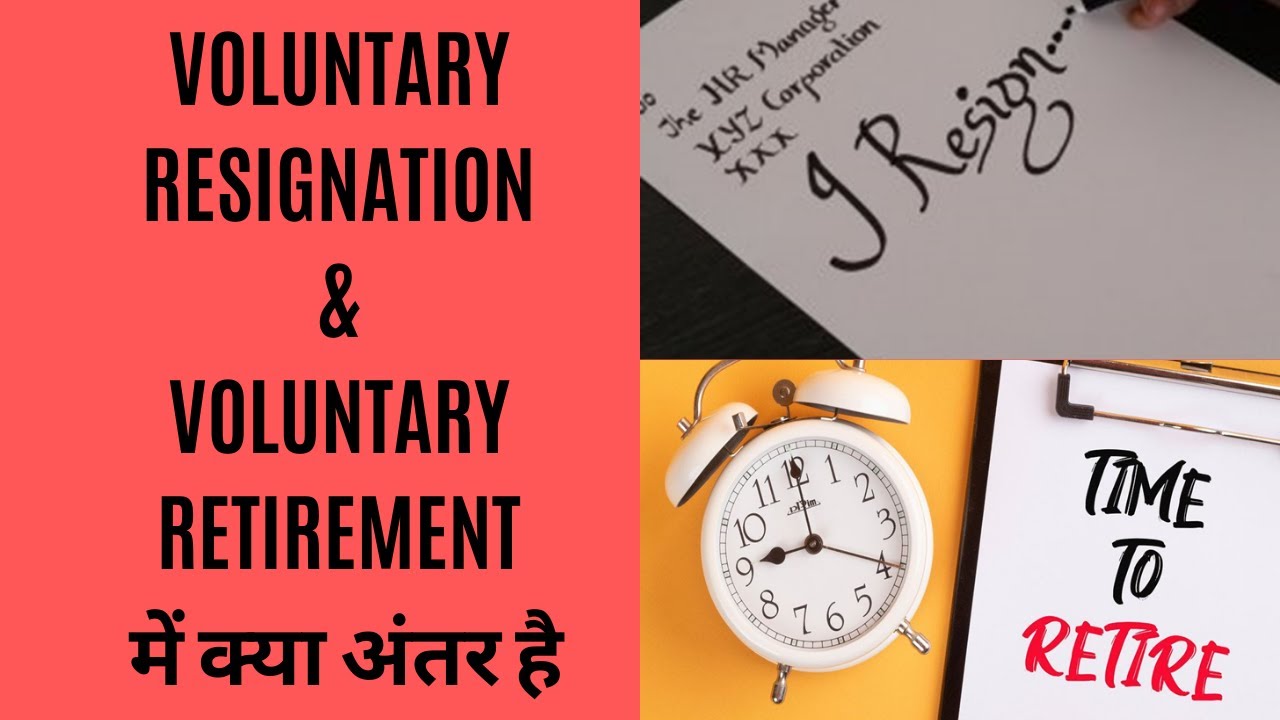Mookerjee, J.@mdashThis is an appeal by the plaintiff in a suit instituted on the 20th September, 1918, to enforce a mortgage, dated the 26th July, 1916, and re-payable on the 21st July, 1917. The Subordinate Judge has made a decree for foreclosure. The plaintiff is not satisfied with this decree and contends that he is entitled to a decree for sale of the mortgaged properties as also to a personal decree against the mortgagors. We are of opinion that the contention of the appellant is well-founded.
2. In view of the provisions of the S. 67 of the Transfer of Property Act, there lean be no doubt that a decree for sale may be made in favour of the mortgagee when the mortgage is an English mortgage as in the present case. This has not Seen contested by the respondent and for an obvious reason. If the hypothecated properties are brought to sale and the sale proceeds prove more than sufficient to satisfy the dues of the mortgagee, the surplus will remain for the benefit of mortgagors. On tile other hand, if the properties are valuable and are foreclosed, the mortgagors will be seriously prejudiced.
3. The real contention between the parties is whether the mortgagee is entitled to a personal decree. The answer depends upon the solution of the question, whether the mortgage contract contains a personal undertaking by the mortgagor to pay the mortgagee out of his personal estate or any estate other than the hypothecated properties.
4. Reliance has been placed on behalf of the respondent upon the decision of the Judicial Committees Narottan Das v. Sheo Parkash Singh (1884) 10 Cal. 740 = 11 I.A. 83 = 4 Sar. 252 (P.C.), which was applied by this Court in Bunseedhur Singh v. Sujjat Ali (1889) 16 Cal. 540, but the case before us is clearly distinguishable from the two cases mentioned. In the present case, there can be no doubt upon a consideration of all the clauses contained in the mortgage-deed that there is a personal covenant to pay out of properties other than the hypothecated properties. The mortgagor covenants in the first place to transfer the hypothecated properties indefeasibly to the mortgagee. This is followed by the redemption clause which provides that if the mortgagors re-pay the dues on the 21st July, 1917, the mortgagee would re-convey the hypothecated properties.
5. Next comes the following clause: "And the said mortgagors do hereby, for their heirs, executors administrators, representatives and assigns covenant with the said mortgagee his heirs and assigns that they the said mortgagors, their heirs, executors, administrators, representatives and assigns shall and will on the 31st day of July, 1917 pay unto the said mortgagee, his heirs, executors, administrators, representatives or assigns, the said sum of Rs. 45,609-9-8 or any portion thereof then remaining due and will also pay interest for the same in the meantime and until repayment at the rate of 9 per cent per annum payable, by equal yearly instalments and compound interest at the rate aforesaid, in case of default in payment of any one successive instalments of interest aforesaid and all taxes and impositions in respect of the premises duly conveyed and that they shall pay all cost and charges which the said mortgagee shall incur or be liable to pay in and about the recovery of the moneys hereunder or for the protection of the premises hereby conveyed or otherwise in relation to this security or for the realisation of the said sums or debts described in S.h. B as between attorney and client."
6. It is manifest that this clause would be entirely superfluous if the parties had no intention that the mortgagor should be personally liable to pay to the mortgagee the money due to him. In the two prior clauses the property had been transferred to the mortgagee and there was the corresponding provision for redemption; if repayment was made on the date fixed the property would be reconveyed; with regard to the subsequent clause, it is impossible to attribute to the parties any intention other than* to make the mortgagors personally liable even though the property had been conveyed to mortgagee.
7. We are clearly of opinion that in the present case the mortgagee was entitled not merely to a decree for sale but also to a personal decree; such personal decree can be made at this stage as is clear from the decision of the Judicial Committee in Jeuna Bahu v. Parmeshwar Narayan Mahata AIR 1918 P.C. 159 = 47 Cal. 370 = 46 I.A. 294(P.C.).
8. The result is that this appeal is allowed and the decree of the Subordinate Judge modified. The decree will direct that the hypothecated properties will be sold for the realisation of the mortgage dues and that if the sale proceeds are not sufficient to satisfy the judgment debt, there will be a personal decree for the balance against the mortgagor in terms of O. XXXIV, R. 6, C.P.C. The mortgagors will have six months from this date for redemption.
9. The appellant is entitled to the costs of this appeal. We assess the hearing fee at ten gold mohurs.
Buckland, J.
10. I agree.

